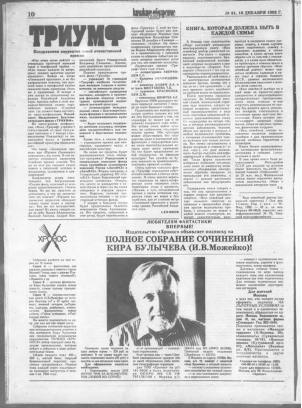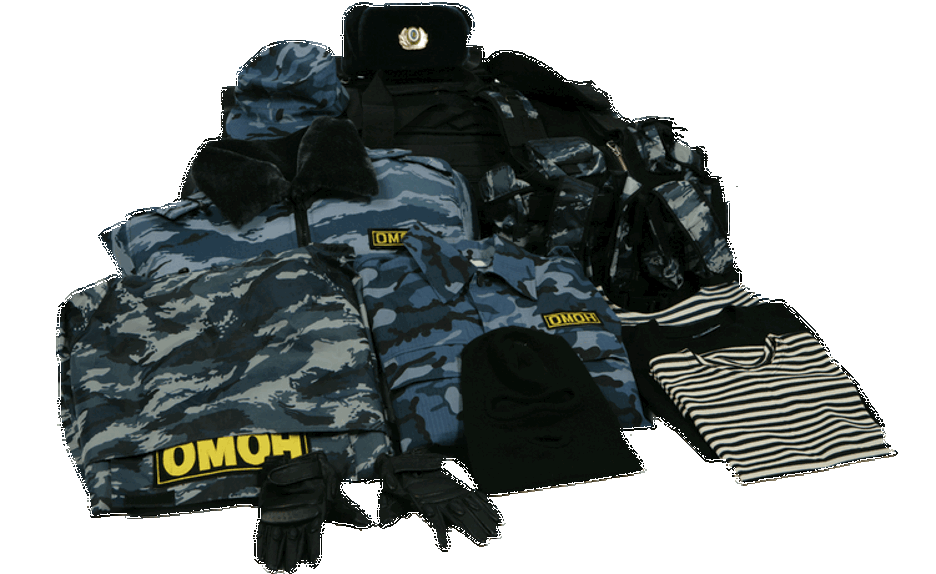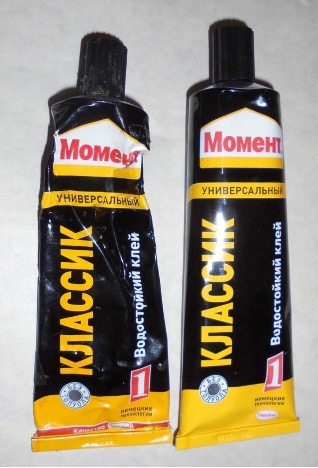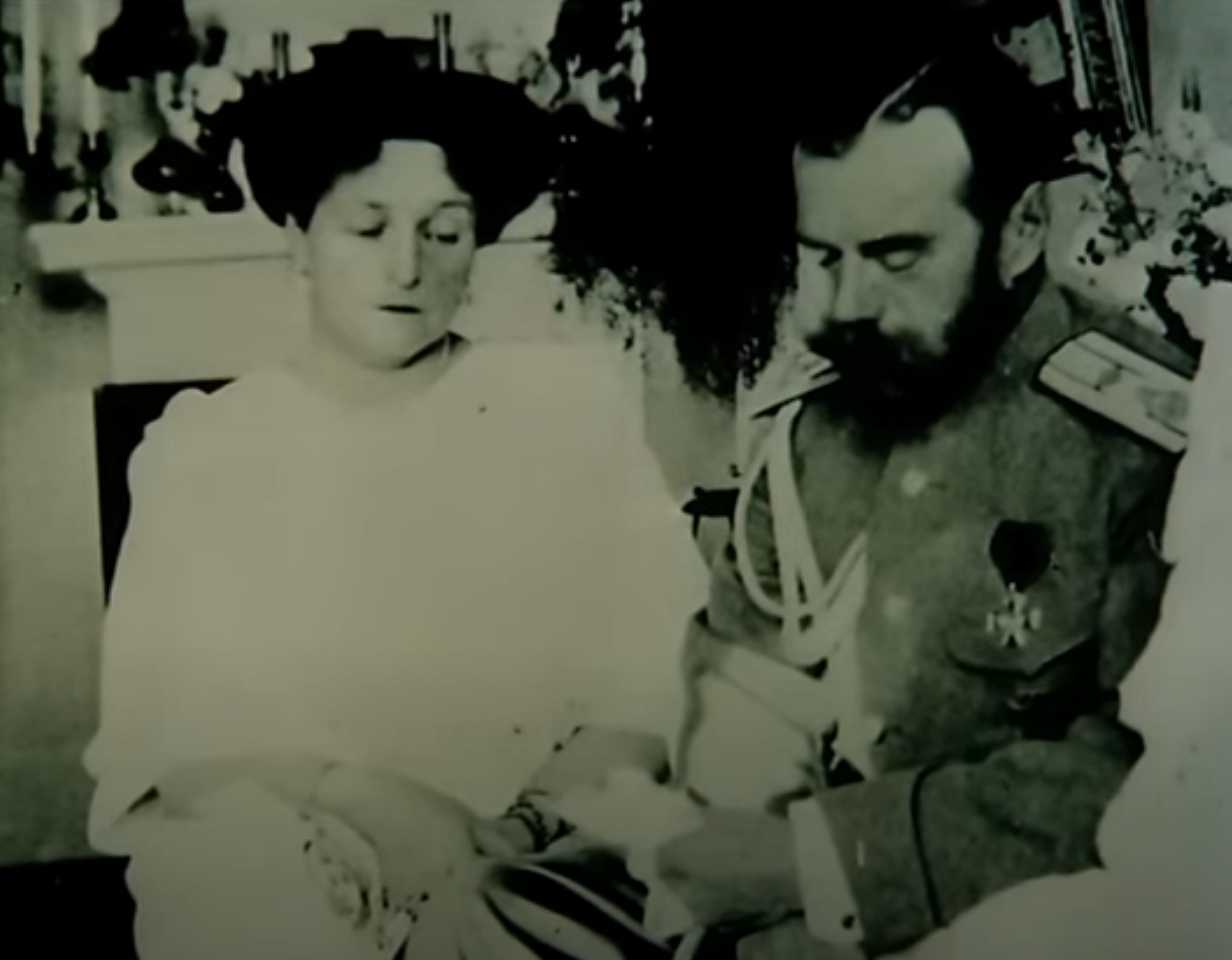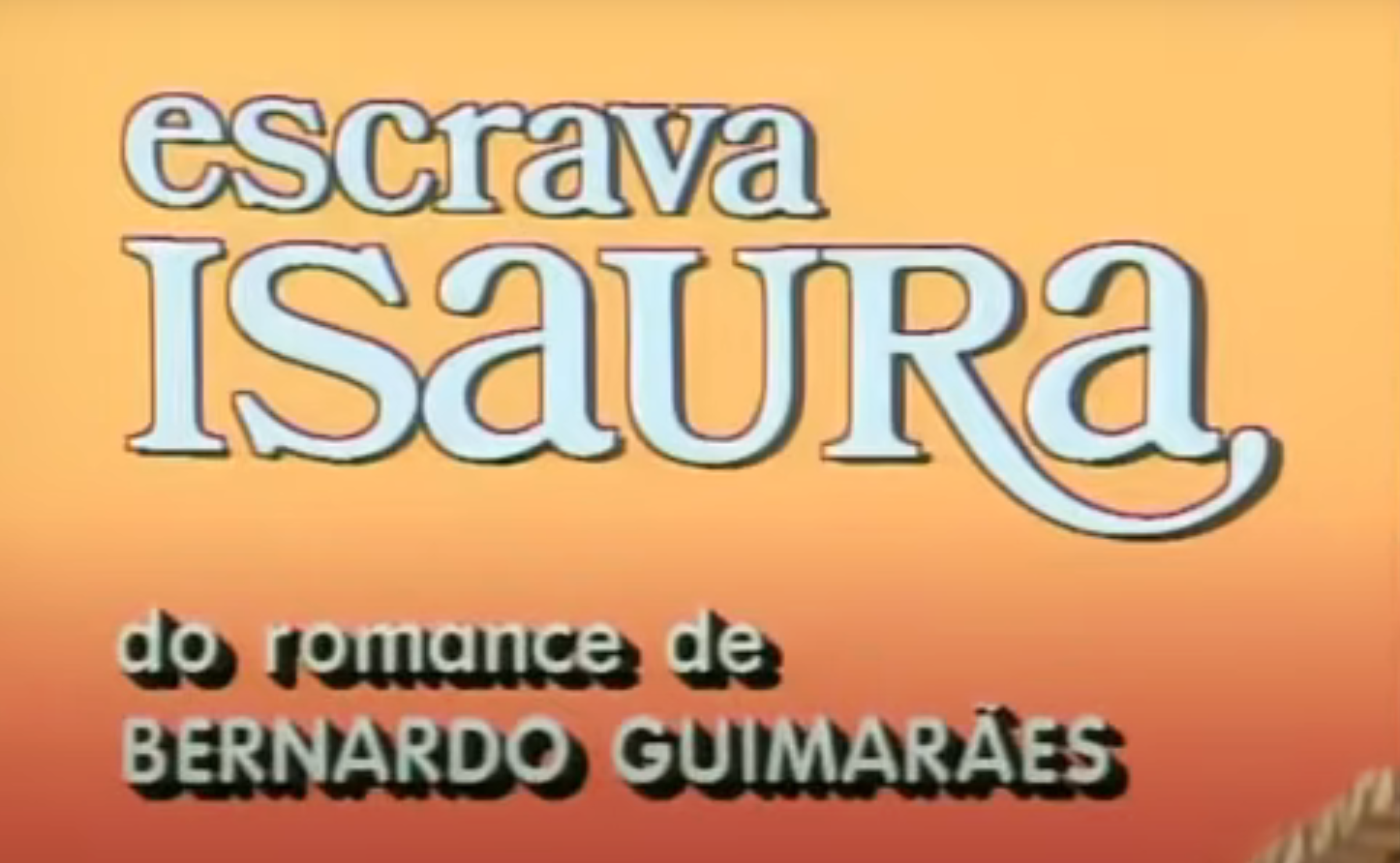Search Results
Search Terms
Results: Displaying Artifact 1 - 6 of 12 in total
Text Containing:
Page: 1
Thematic Tags: Nostalgia
The Triumph Prize
Launched at the same time as the Russian Booker and funded by the newly minted oligarch Boris Berezovsky (1946-2013), the Triumph Prize promised an even broader program of cultural guardianship and philanthropy.
OMON Uniform
Although the police special forces unit known as OMON (Otriad militsii osobogo naznacheniia) was established before the fall of the Soviet Union, their now-ubiquitous light blue camouflage was only introduced in 1994, when OMON was deployed as part of the first Chechen War. OMON and its uniform have since been associated with street intimidation, market clearings, and protest-quashing, especially in Moscow and St. Petersburg.
Klei-Moment
Made by the German Henkel company, Moment-brand glue was a staple of post-Soviet hobbyists. It also became one of the preferred drugs among post-Soviet youth. The brand name alone became synonymous with huffing.
“No Way to Live”: Imperial nostalgia as a post-Soviet Russian project
An excerpt from Stanislav Govorukhin's (1936-2018) influential documentary on late perestroika malaise and the ways out of it.
Losing the Soviet nation on "KVN"
The winter 1992 opening broadcast of the amateur variety and improv contest show “KVN” (“the Club of the Jolly and Resourceful”). Filmed just a few months after the dissolution of the USSR, the episode features former Soviet university teams lamenting the new national borders appearing all around them.
Soviet audiences devour the Brazilian soap opera "Escrava Isaura"
Stills from the first episode of the Brazilian soap opera "Escrava Isaura," which aired in Brazil in 1976-77 and in the USSR/ Russia in 1988-90. In this first episode, aired on Soviet Central Television on 16 October, 1988, it is revealed that the show's title character, Isaura, is not the niece of the wealthy Almeida family—but instead a "slave" with a “mulatto [sic]” mother and a Portuguese father.
